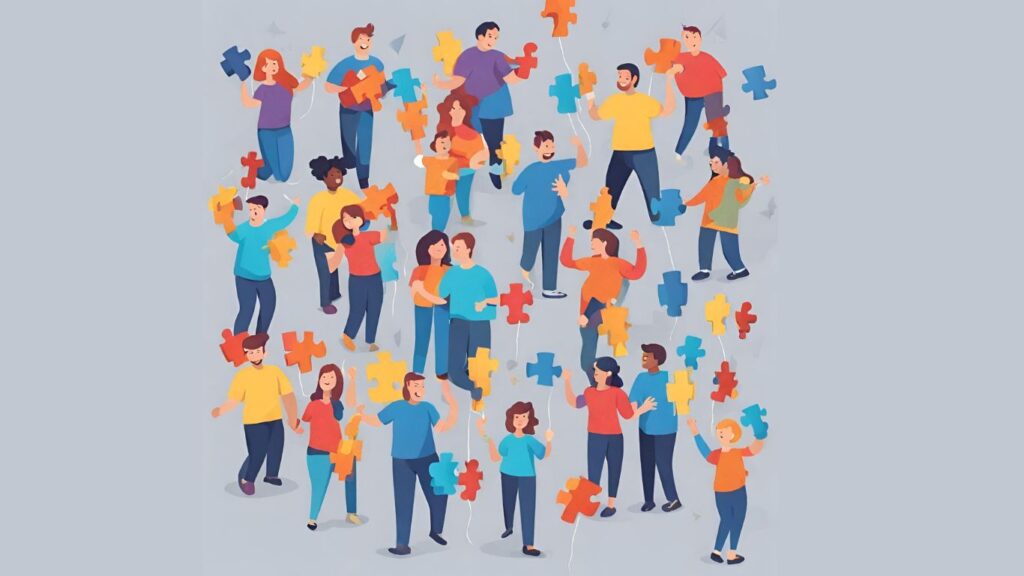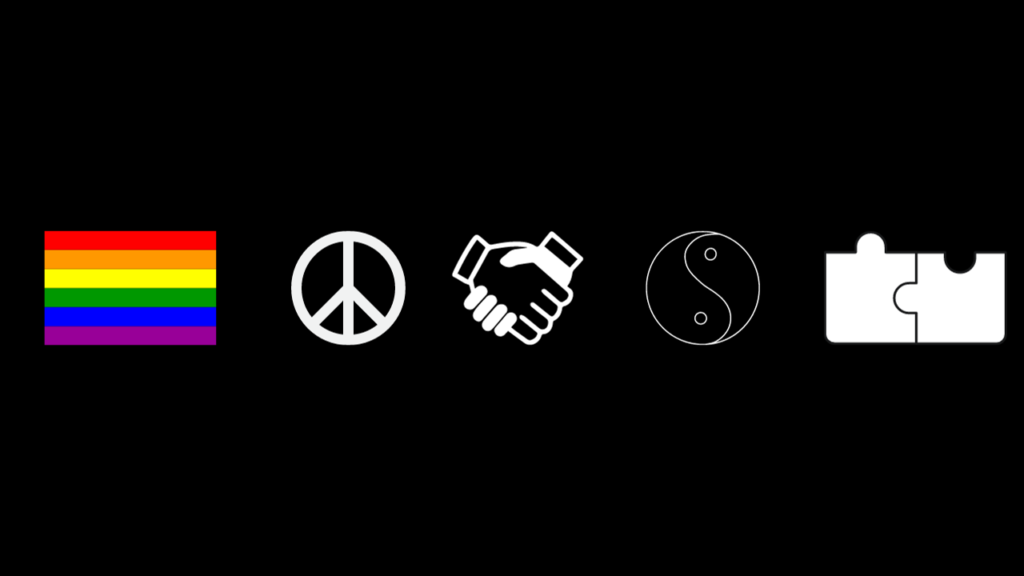“What if the universe is rigged? What if it’s always been rigged for those who don’t see the world the way we do? What if, in a strange, cosmic twist, that’s the point?”
If you’re reading this, I’ve got two things to say upfront.
One: you’re about to dive deep into something that, as far as cultural narratives go, gets far too little air time.
And two: you might end up questioning everything you thought you knew about neurodiversity, societal labels, and, just maybe, the very fabric of the human experience. Buckle up.
We often view Autism Spectrum Disorder (ASD) through a medical lens. You know the drill: diagnosis, treatment, coping strategies.
It’s a neat, clean narrative for something that isn’t so tidy in real life. But here’s a secret I’m about to let you in on:
What if the very way we frame the “challenges” of autism is the true obstacle?
Autism: The Divine Reinterpretation
There’s this tendency, ingrained deep in our collective psyche, to think of autism as a problem. A disorder. A “thing” that needs fixing.
But what if that’s not the full story?
Theologians, philosophers, and even the odd internet conspiracy theorist (yes, the kind who still believe the moon landing was faked but have a lot to say about how society treats the neurodivergent) have posed an alternative theory.
What if autism is more than just a set of symptoms to be managed?
What if it’s a cosmic glitch in the system, a piece of the puzzle that humans haven’t figured out yet?
I mean, we’re talking about a condition that’s been labeled everything from a “brain disorder” to a “divine gift.” But what does it look like if we take a 180-degree turn and view autism from a divine perspective?
One where the divine intelligence that courses through the universe has deliberately designed minds that don’t work like the rest of us.
Would that make these so-called “challenges” look different?
The “Gift” Debate
Let’s backtrack. The idea of autism being a gift is hardly new. Throughout history, society has occasionally presented “outsider” perspectives as enhanced or even “divinely inspired.”
Think of the mystics, the sages, or the mad geniuses—how often were they considered “special” precisely because they didn’t conform? Some argue that this narrative is merely an attempt to romanticize the disorder.
Others, however, wonder: What if these individuals—autistic individuals—are the true rebels? Not rebels in the anarchist, smash-the-system sense, but rebels in the sense that they force us to question the system itself.
Neurodivergence isn’t a glitch in the system—it is the system.
If you’ve ever wondered about the child who can recite pi to the 100th decimal place but can’t look someone in the eye, it’s easy to fall into the trap of thinking “this isn’t normal.”
But what if that mind is just processing the world differently—and, in doing so, offering us insights we couldn’t possibly understand yet?
A Divine Path to Personal Evolution
Now, let’s be clear: autism isn’t some neat package of perfection. In fact, the word “challenge” might be an understatement. Social isolation, sensory overload, communication hurdles—these are real, tangible problems. But what if these challenges are part of a much bigger narrative? Could it be that the divine perspective is showing us a different kind of evolutionary path, one where individuals who experience the world differently are, in fact, more equipped to perceive certain truths that others can’t?
A divine glitch, as it were.
Reframing the Struggles
- Social isolation: For many, autism can feel like walking in a world where the rules of engagement are a mystery, or worse, irrelevant. Eye contact? Unimportant. Small talk? A farce. But what if these perceived “flaws” are actually an insight into the futility of social masks we all wear?
- Sensory overload: The typical world is full of noise—literally and metaphorically. But in the divine perspective, autism might be a tool that’s hyper-tuned to pick up on the frequencies the rest of us tune out. The lights are brighter, the sounds are louder. But could that mean these minds are finely tuned to the true pulse of the world around them?
- Communication difficulties: We place so much importance on verbal communication, don’t we? But what if there’s more to human connection than the spoken word? Those on the spectrum might have a deeper, almost supernatural understanding of emotional cues that we haven’t figured out yet.
The “Perfect” System
We live in a society that loves order, conformity, and productivity. This, right here, is the divine paradox—a system that requires everyone to fit a mold to function, yet some of the most extraordinary thinkers and creators in human history have broken that mold.
Autistic people—whether you realize it or not—are a key part of pushing that boundary.
Let me ask you this: How many neurodivergent people have been the ones to break barriers in art, science, or technology?
Think about the Steve Jobs, the Temple Grandins, the Dan Aykroyds. They didn’t just fit into the mold—they created new molds. And that’s the thing no one ever tells you.
When we talk about neurodiversity, we’re not talking about fixing people to be like everyone else. We’re talking about rewriting the rules entirely.
The Divine Role of Suffering
But… here’s the thing about divine gifts—sometimes they come with a heavy price tag. And if we’re talking about the divine perspective on autism, then we have to acknowledge the suffering that’s intertwined with it.
The loneliness, the confusion, the deep-seated frustration of wanting to connect with others but being fundamentally misunderstood.
But what if that suffering is part of the divine blueprint? A rite of passage, even? A way for individuals to develop resilience, insight, and even empathy in ways others cannot?
In this way, the challenges aren’t obstacles; they’re milestones in a larger process—one that involves transformation on both the individual and societal level.
Who Are We To Judge?
You’re sitting there, probably wondering: Okay, but what does this all mean for me?
It means everything.
We’ve been conditioned to label autism as a disorder. But in the divine perspective, those “disorders” are not flaws—they’re evolution in progress.
The struggles that neurodivergent people face are not setbacks. They are windows into a larger truth we’ve yet to fully comprehend.
And as much as you’re tempted to ignore it, this challenge—this perspective—matters to all of us. It is a part of who we are becoming as a species. Autism doesn’t make someone “broken.” It just makes them… different.
And maybe that difference is exactly what we need right now.
Key Takeaways
- Autism is not a flaw—it’s a different way of engaging with the world.
- The so-called “challenges” autistic people face might actually be part of a divine evolution we’re not yet equipped to understand.
- Society’s obsession with conformity is exactly what causes these individuals to “stand out”—but this isn’t a bad thing.
- The suffering that comes with autism might be part of a divine plan—one that leads to resilience, insight, and a deeper connection to the world around us.
In the end, it’s not about “fixing” autism. It’s about reimagining what it means to be human in a world that’s constantly shifting beneath our feet.
What if we could step back and see the bigger picture? What if this divine glitch, this misalignment, is actually the most perfect thing in the universe?







